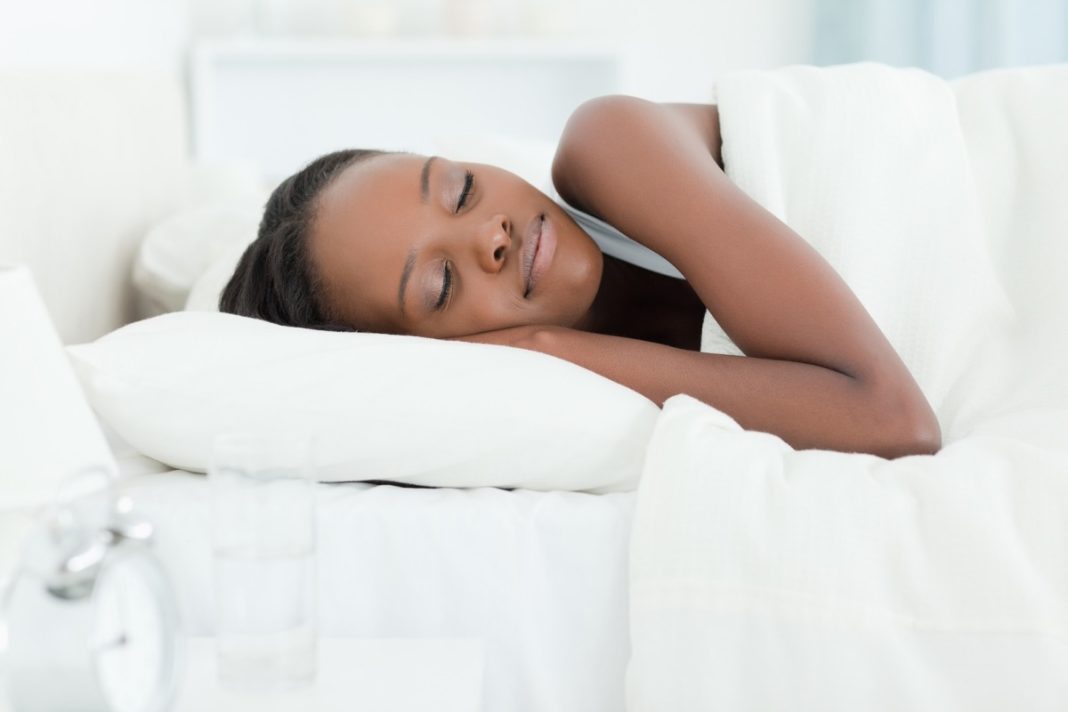The bed has become a multipurpose hub in many people’s lives, but at its core, it’s meant to serve just two primary functions. Here’s a guide to what you should avoid doing in your sanctuary of sleep and intimacy, and a couple of habits you might want to welcome instead.
1. Texting or Scrolling Through Social Media
Burying your face in your phone’s screen in bed is a big no-no. The blue light emitted from screens can disrupt your natural melatonin production, making it harder to fall asleep. Approximately 95 percent of people may be sabotaging their sleep by engaging with electronics before bedtime. Set a digital curfew for yourself to maintain your circadian rhythm.
2. Watching TV
Though it may seem relaxing to watch TV in bed, it’s actually counterproductive. Television stimulates the brain in ways that can prevent true relaxation, necessary for a restful sleep. Even if it’s a seemingly harmless pre-sleep routine, it’s best done away from the bed to avoid associating your sleep space with high-energy content.
3. Tossing and Turning
When sleep eludes you, staying in bed hoping for slumber can cause more stress. If you find yourself awake and anxious, get up and engage in a quiet, relaxing activity until you feel sleepy again. This can prevent the bed from becoming a battleground of frustration.
4. Working
Your bed should not double as your office. Working from your bed weakens the mental link between your bedroom and sleep. This connection is crucial; it signals to your brain that the bed is a place to unwind, not answer emails or finish reports.
5. Sleeping with Pets
While it’s cozy to cuddle with your pet, doing so in bed can lead to interrupted sleep. Pets can be restless at night, and they bring potential allergens like dander into your bed. Keep your animal companions’ cuddle time to the couch to ensure your sleep is undisturbed.
6. Overheating
The temperature of your sleep environment matters greatly. A room that’s too warm can disrupt your sleep, so aim for a cool room, between 60 and 67 degrees Fahrenheit. If you tend to sleep hot, consider separate bedding options to accommodate differing temperature needs without bothering your partner.
7. Hitting Snooze
Though tempting, the snooze button is not your friend. Those extra minutes of sleep between alarms can interrupt REM sleep, which is vital for cognitive functions. Instead of chopping up your sleep cycle, set your alarm for when you actually need to get up.
Despite these don’ts, remember the two S’s that are perfect for bed:
1. Sleep
It’s in the name — your bed is primarily for sleep. Ensuring you have a comfortable mattress, a cool, dark environment, and a regular sleep schedule can facilitate better sleep quality.
2. Sex
The other activity that beds are explicitly designed for is sex. It’s a moment of connection, intimacy, and relaxation that can actually promote better sleep.
Incorporate these two S’s into your bedroom routine, and keep the other activities out. Your sleep hygiene and overall well-being will thank you for it.







